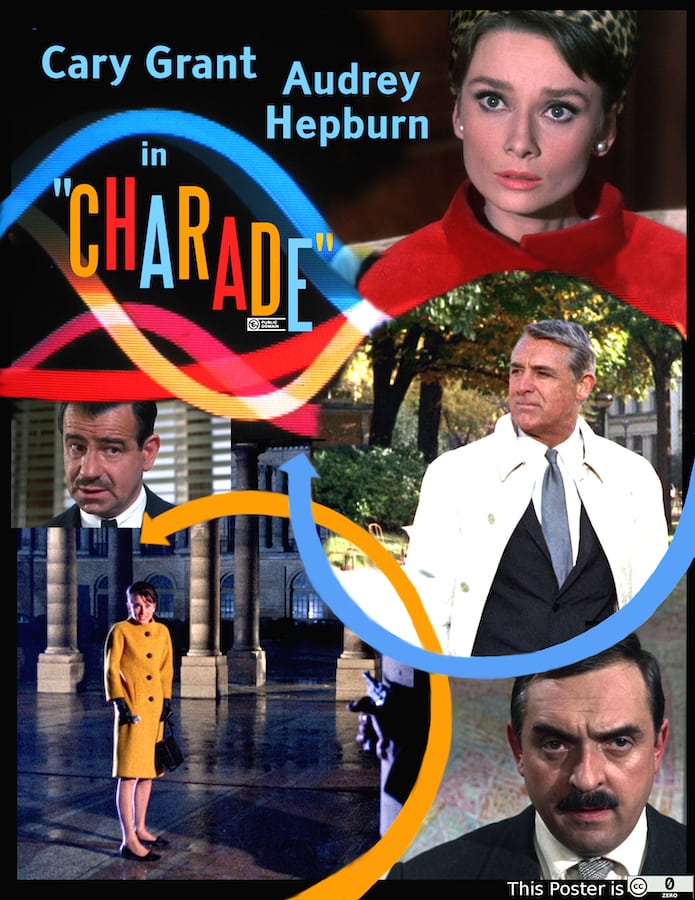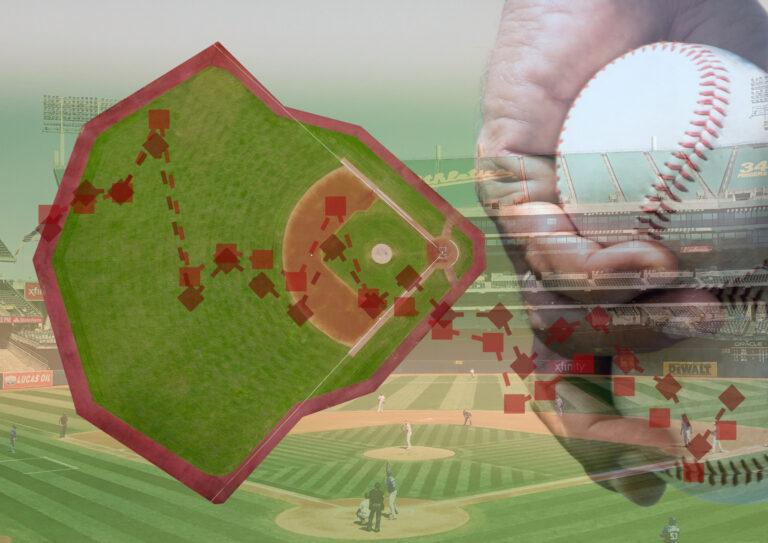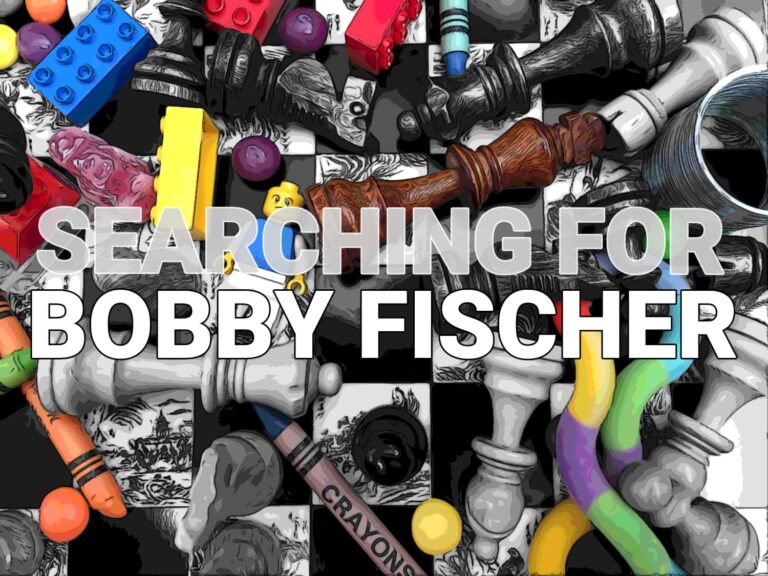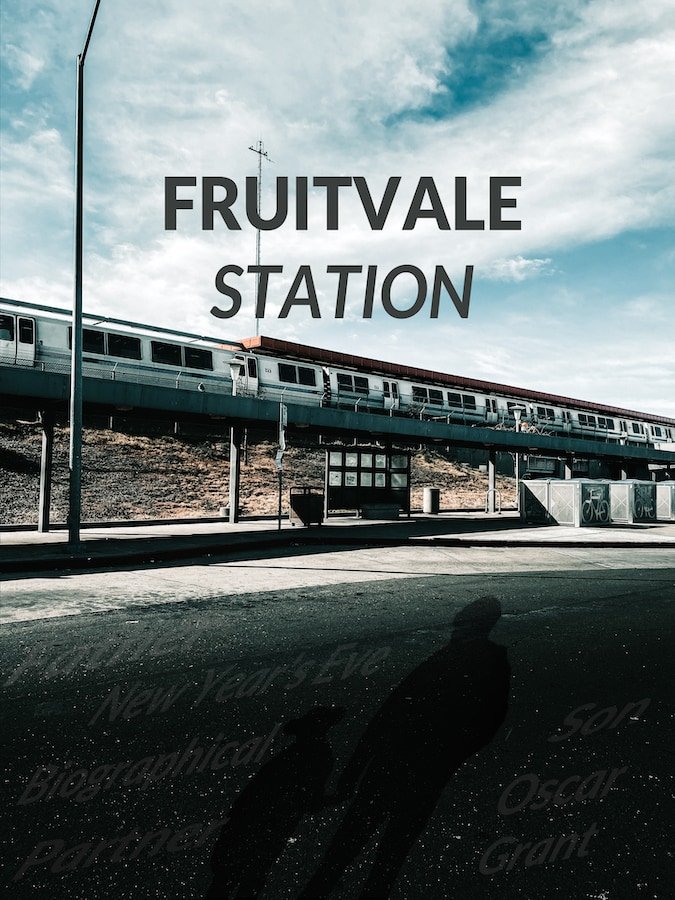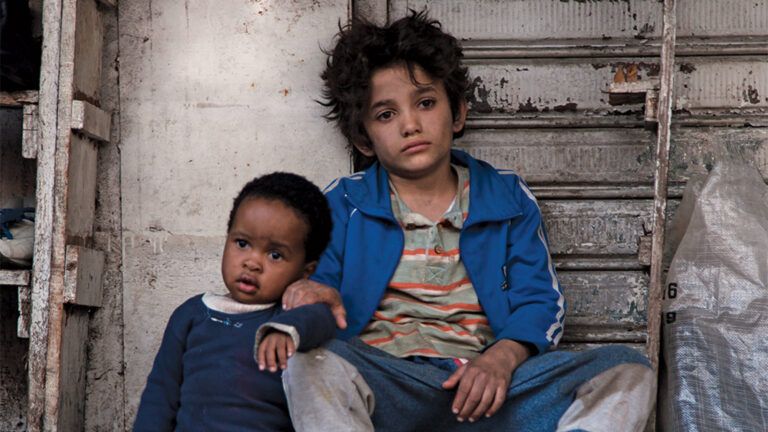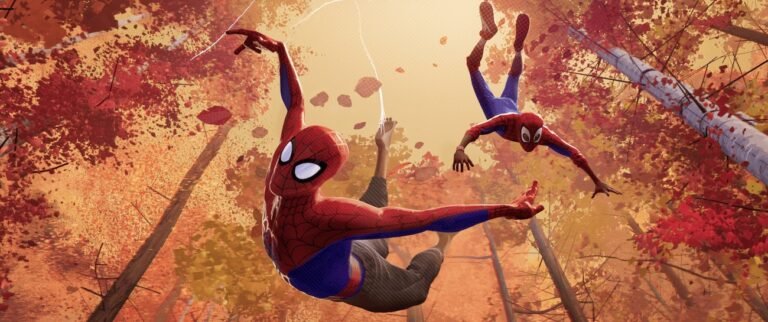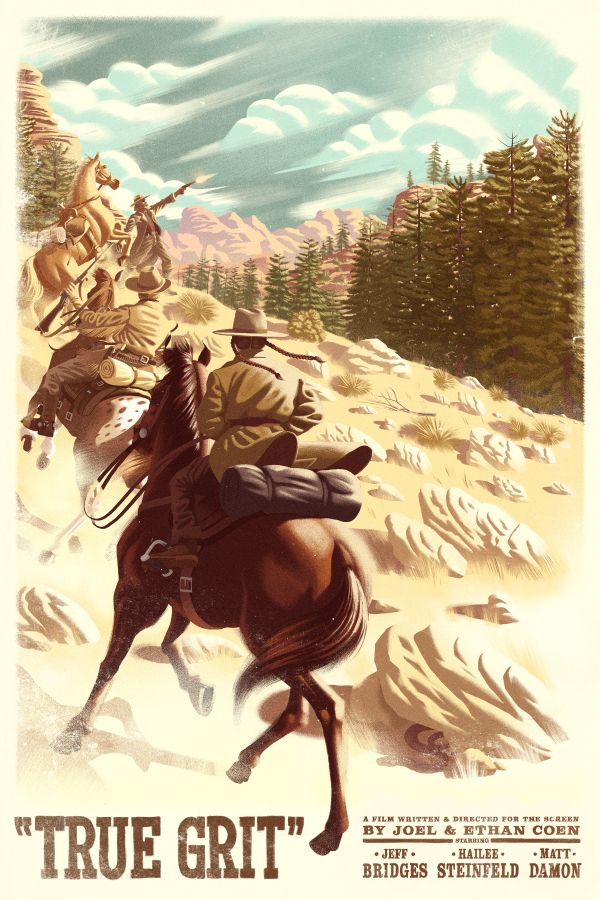Dark, grey and dismal is the opening scene, and quite unlike the rest of the movie, this dreary landscape unbefitting for the 60s vibrancy. But then a train comes thundering along the tracks and from it a body is thrown – the man’s face frozen in his moment of death, his eyes frightened, his mouth locked in a scream – he was murdered (if you didn’t get it from the body being thrown). Cue psychedelic patterns, along with a twang of strings and bongo drums as the credits begin. This is a film of many parts; a murder mystery, a thriller, a romance, a comedy and its as frightening as the bright colours used – it’s not therefore overly terrifying, but it is the unexpected that makes it a film to remember.
From the opening credits, the film then moves to a lady of elegance and sophistication; Regina Lambert (played by the timeless Audrey Hepburn), the holiday backdrop behind her being white mountain ranges as opposed to the greys of the opening train scene. But has the threat from before followed? As a gun is ominously pointed at Regina, but like most parts in this film, it’s not what it seems – the gun’s a fake, a water pistol even. Able to relax a little more, you soon observe that Regina lives a life of luxury and in the richest of fashions, but as Regina declares to her friend – she’s trapped in an unhappy marriage, due knowing very little about her husband, or in fact anything. His life having been wrapped in secrecy and lies, and the thing is, it’s only just begun.
Returning from her holiday and determined to end her marriage, Regina finds it may have ended already; her apartment stripped barren, her clothes gone, and in the place of her husband, a detective who waits to tell her that the man we saw thrown from the train, is in fact her husband Charles. From here begins the unravelling of theories, but plenty more are coming in their place, for a start, why did Charles have multiple passports?
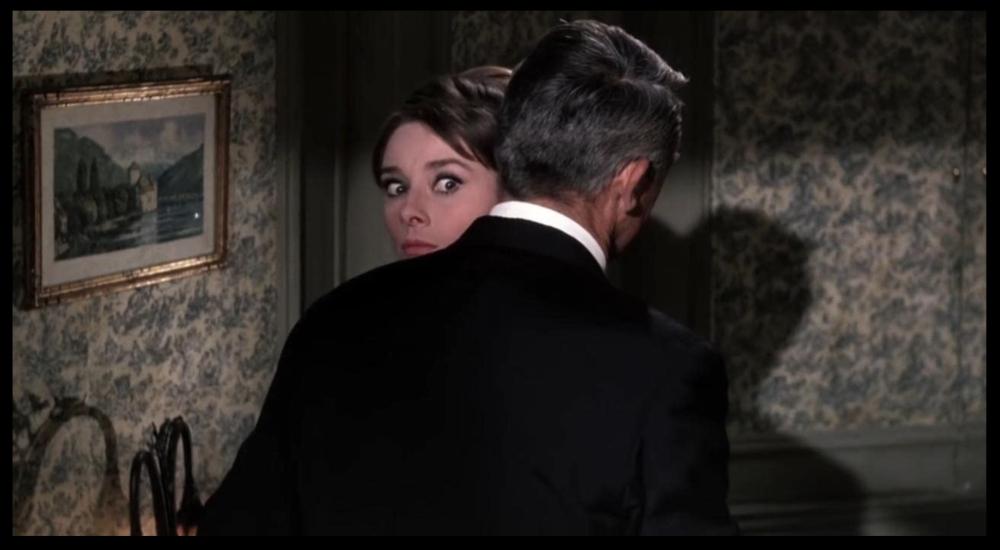
The mystery and comedy is further deepened by the minimal turnout of Charles’ funeral;
“Not a very large turnout, is it? Didn’t Charles have any friends?”…
“Don’t ask me. I’m only the widow. If Charles had died in bed, we wouldn’t even have him”
as she indicates the watchful, and very much stereotyped-50s-detective, who sits at the back of the empty church.
It’s therefore highly noticeable when one by one there are three distinctive visitors to his funeral, and with each one checking for signs of life from Charles, having doubted his death. The last visitor however, takes his test to the extreme – proving Charles once and for all is dead, but the trouble he’s brought has only just begun. For just before his nasty “accident” Charles sold all of his possessions for the grand total of $250,000 (just over £2 million in today’s money), and this is what the three strangers are looking for and now with Charles dead, they believe only one person can have it – Regina. The thing is she doesn’t, and unless she finds it soon they’ll kill her. What’s more they’re not the only ones after the money, the American government is as well, the origins of Charles’ money not being as clear cut as it first seems.
In a confusing game of pointing fingers, you question, along with Regina, as to who you can trust; with traps, lies and more flying around. At least Regina has the charming Peter Joshua (Cary Grant) – a recent friend she’s made – to protect her, but he might be more than he seems, and she knows it. Despite her better judgement however, Regina is falling in love with Peter, and as their eyes lock over an orange, she might not be the only one. But whose face is she really looking into? A villain? A murderer? A hero? Or a sidekick who’ll help her escape from those that pursue her? But in the end will her heart get the better of her mind? “You know what’s wrong with you? Nothing” she declares at Peter, the audience happily nodding alongside.
Hepburn and Grant have a power station of electricity that sends sparks a flying, the screen booming with their presence, and the more their characters fight one another, the stronger the voltage between them – their bright and combative characters, being more than a match for one another.
Fight-scenes, comedy, and lies wrapped in truths, and truths sealed in lies, it’s all topsy-turvy, and as smart as anything. A decades-old film, that’s as imaginative today as it was then. This whodunit film will keep you guessing throughout.
Director: Stanley Donen
Other notable works:
- Two for the Road 1967
- Funny Face 1957
- Seven Brides for Seven Brothers 1954
- Singin’ in the Rain 1952
- On the Town 1949
Writer: Peter Stone
Other notable works:
- The Taking of Pelham One Two Three 1974
- Father Goose 1964
Writer: Marc Behm
Based on the book Charade by Peter Stone.

